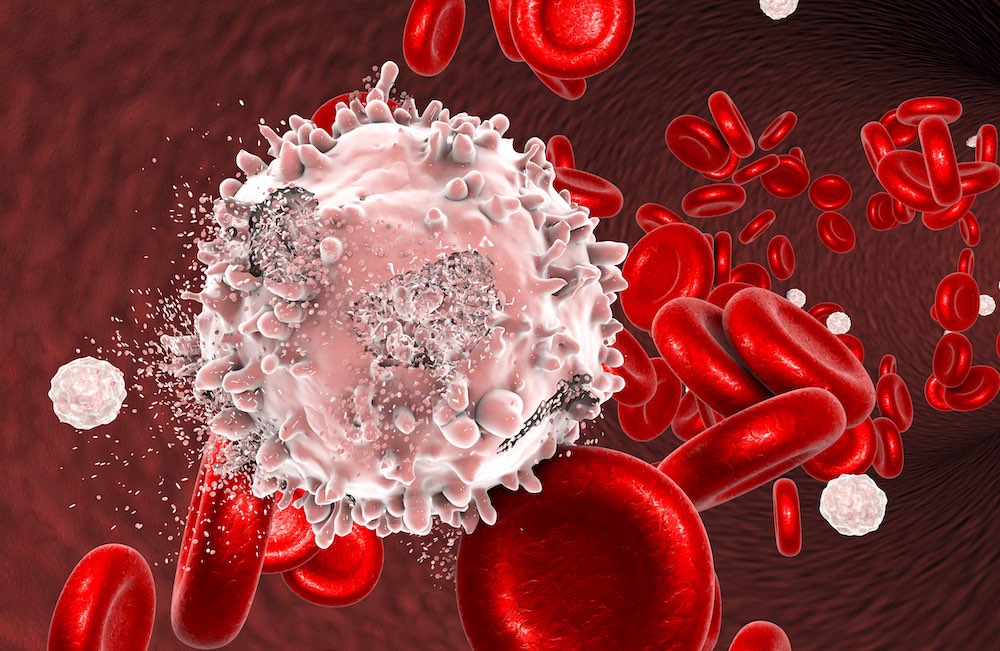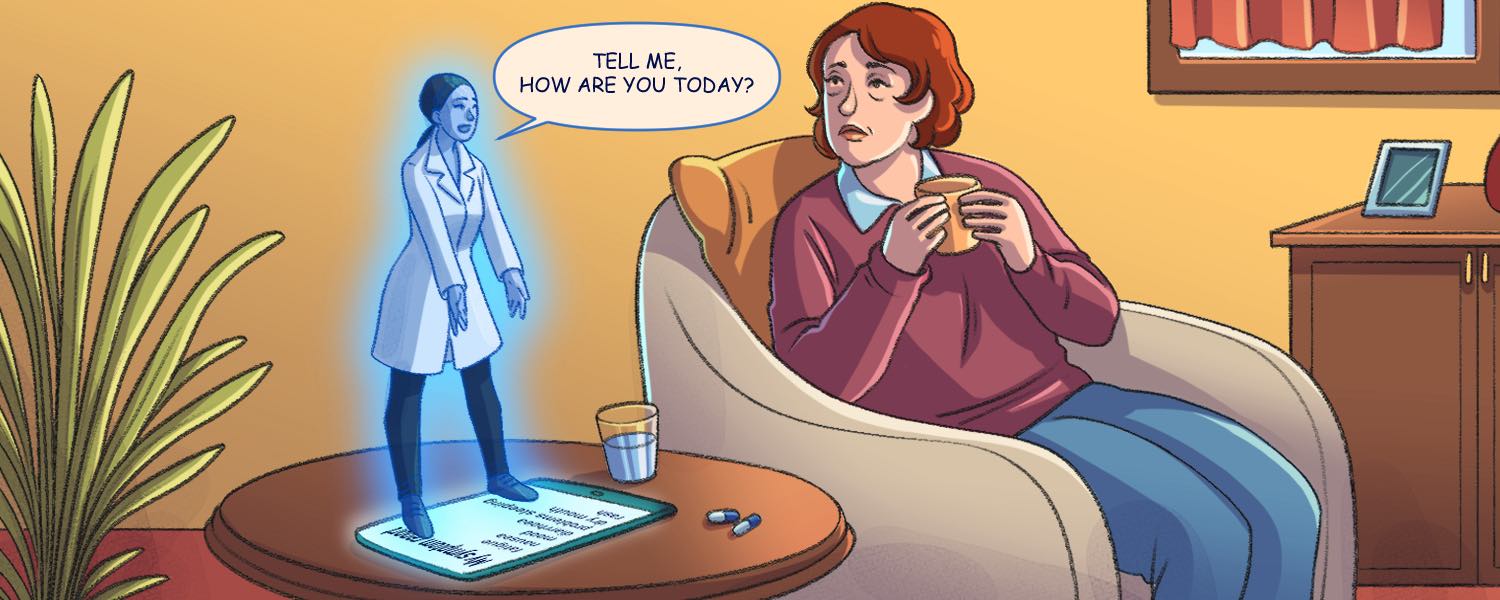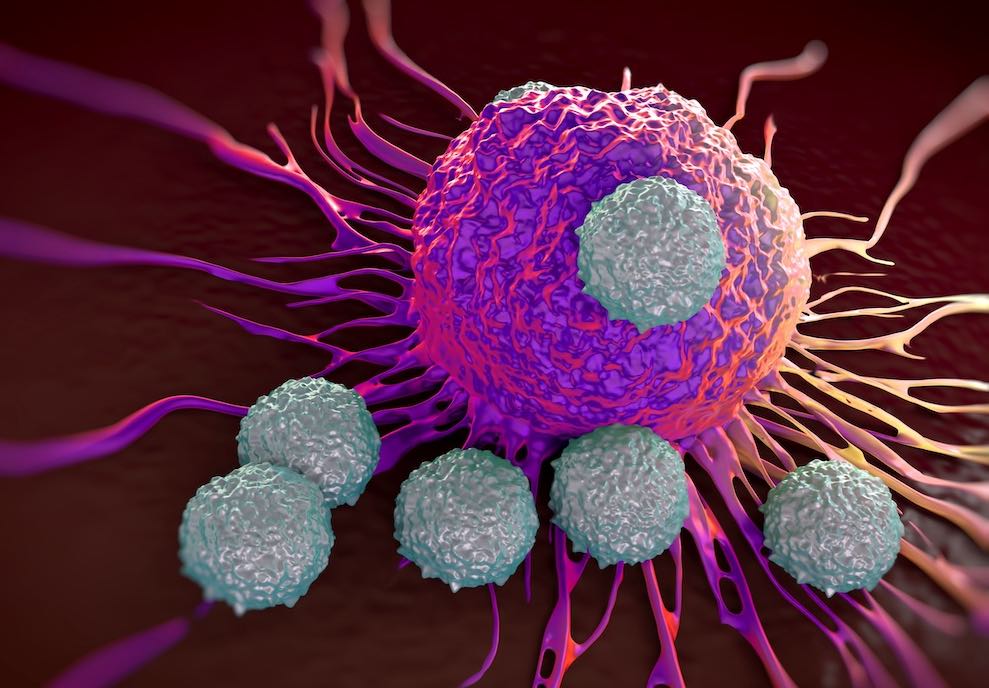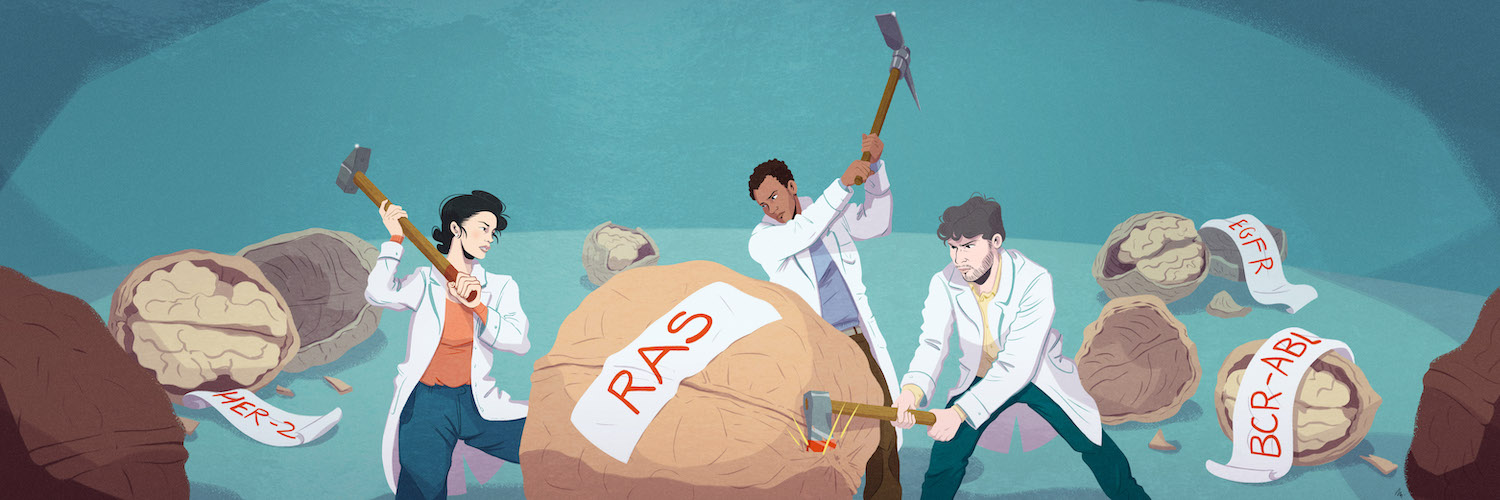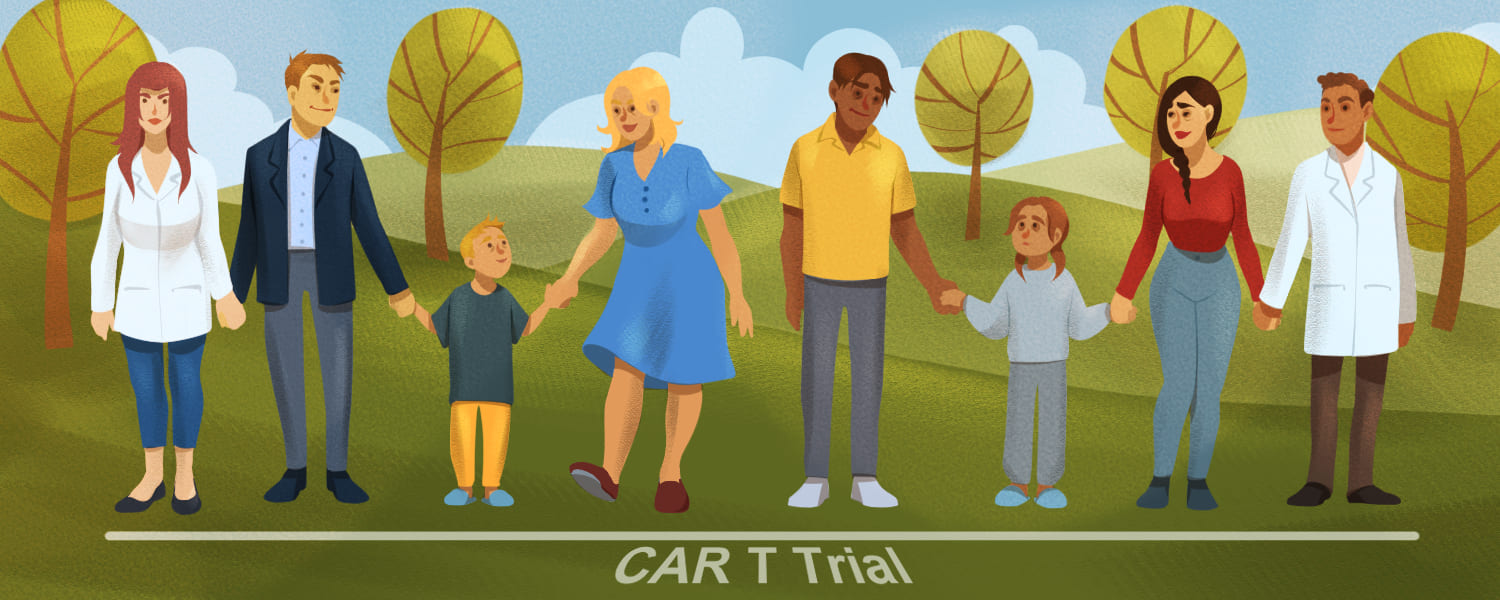Posts by tag
toxicity
Common Sense Oncology: Putting Patients Back at the Center in the Era of Cancer Innovation
Precision medicine, immunotherapy, and cellular therapies have reshaped the landscape of oncology, turning once-fatal diagnoses into chronic, or even curable, conditions. These breakthroughs represent extraordinary scientific progress and a deepening understanding of cancer biology. Yet beneath this success runs a…
Second-generation BTK inhibitor shows promise as fixed-duration therapy in CLL
Treatment with the second-generation Bruton tyrosine kinase (BTK) inhibitor acalabrutinib plus the BCL2 inhibitor venetoclax (with or without the CD20 inhibitor obinutuzumab), delivered as fixed-duration therapies, significantly improved progression free survival in comparison with standard-of-care chemotherapy in previously untreated patients…
Regular symptom reporting can help your patients live better, and possibly longer
An older woman receiving treatment for breast cancer sits at home wondering whether to call her physician and go into the hospital. She’s on a new dose of a drug which she hasn’t had before and is struggling with nausea.…
Older adults with advanced cancers may do better on modified regimens
Lowering the dose and adjusting the schedule may help older adults with advanced cancer better tolerate chemotherapy. The cohort study, published in JAMA Network Open, February 15, found older patients with advanced cancer who underwent primary treatment modification had a…
Ultra-high dose rate radiation: is FLASH the future?
Radiation that kills only tumour cells and spares healthy tissue? It sounds too good to be true. But if the promise of recent research is fulfilled, the FLASH technique of ultra high dose-rate delivery could present the greatest transformation of…
Untreated malnutrition is rife among cancer patients: here’s how we can do better
In the mid-1970s, the US medical community was shocked by an article published in Nutrition Today under the title ‘The Skeleton in the Hospital Closet’. "I suspect that one of the largest pockets of unrecognized malnutrition in America exists, not…
Stopping immunotherapy after two years does not affect NSCLC survival
No overall survival difference was found between patients with non-small cell lung cancer who stopped immune checkpoint inhibitors at two years and those continuing treatment indefinitely. The study, abstract 9101, presented at the ASCO 2023 Annual Meeting, held June 2–6,…
Cracking RAS: It took over 30 years to hit this ubiquitous oncogene – was it worth the wait?
RAS oncogenes and their proteins have central roles in almost all cancers, including leukaemias, multiple myelomas, skin cancers and many solid tumours, making the RAS protein family an ideal cancer target. But efforts to develop clinically efficacious drugs to target…
Bacterial decolonisation offers new strategy to prevent acute radiation dermatitis
Many cases of acute radiation dermatitis involve the common skin bacterium Staphylococcus aureus. Two linked papers in the same issue of JAMA Oncology, published online 4 May, suggest bacterial decolonisation of Staphylococcus aureus (S aureus) offers an effective approach for…
CAR T cells v chemo for childhood leukaemia: are we ready for the next step?
Chimeric antigen receptor (CAR) T cells, genetically engineered immune cells targeted to attack cancers, are one of the most exciting breakthrough cancer treatments in oncology today. After decades of incremental development, its clinical efficacy was shown in 2010, with the…


